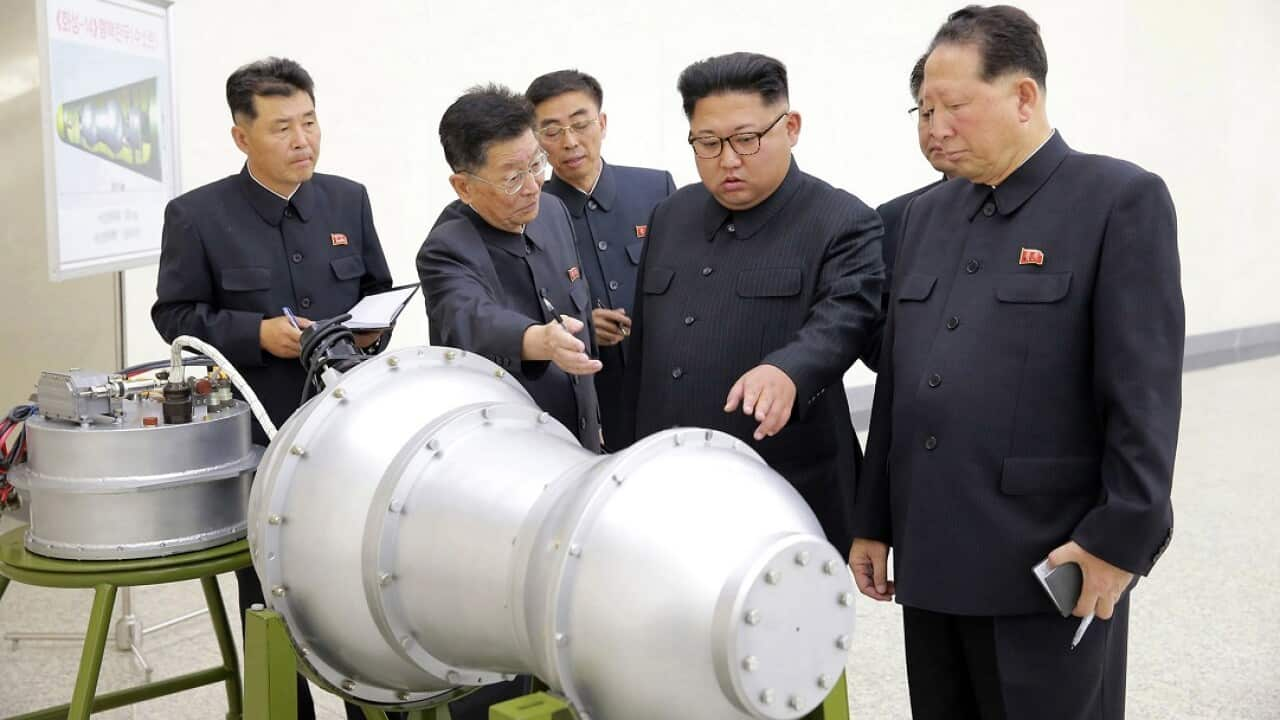North Korea has resorted to a "massive increase" of illegal ship-to-ship transfers of oil products at sea to evade UN sanctions and enlisted a Syrian arms broker to sell weapons to Yemen and Libya, a UN report said Friday.
In a 62-page report sent to the Security Council, the UN panel of experts also listed violations of a ban on North Korean exports of coal, iron, seafood and other products that generate millions of dollars in revenue to Kim Jong Un's regime.
The transfer of petroleum products to North Korean tankers at sea remains "a primary method of sanctions evasion" involving 40 vessels and 130 associated companies, said the report seen by AFP.
North Korea "has not stopped its nuclear and missile programs and continued to defy Security Council resolutions through a massive increase in illicit ship-to-ship transfers of petroleum products, as well as through transfers of coal at sea during 2018," said the report sent to the council.
The violations have rendered the latest batch of sanctions "ineffective" by flouting the cap on oil, fuel and coal imposed in a raft of UN resolutions adopted last year, it added.
Arms peddling through Syria
North Korea also "attempted to supply small arms and light weapons (SALW) and other military equipment via foreign intermediaries" to Libya, Yemen and Sudan, said the report.
It named Syrian arms trafficker Hussein Al-Ali who offered "a range of conventional arms, and in some cases ballistic missiles to armed groups in Yemen and Libya" that were produced in North Korea.
With Ali acting as a go-between, a "protocol of cooperation" between Yemen's Huthi rebels and North Korea was negotiated in 2016 in Damascus that provided for a "vast array of military equipment."
Share
